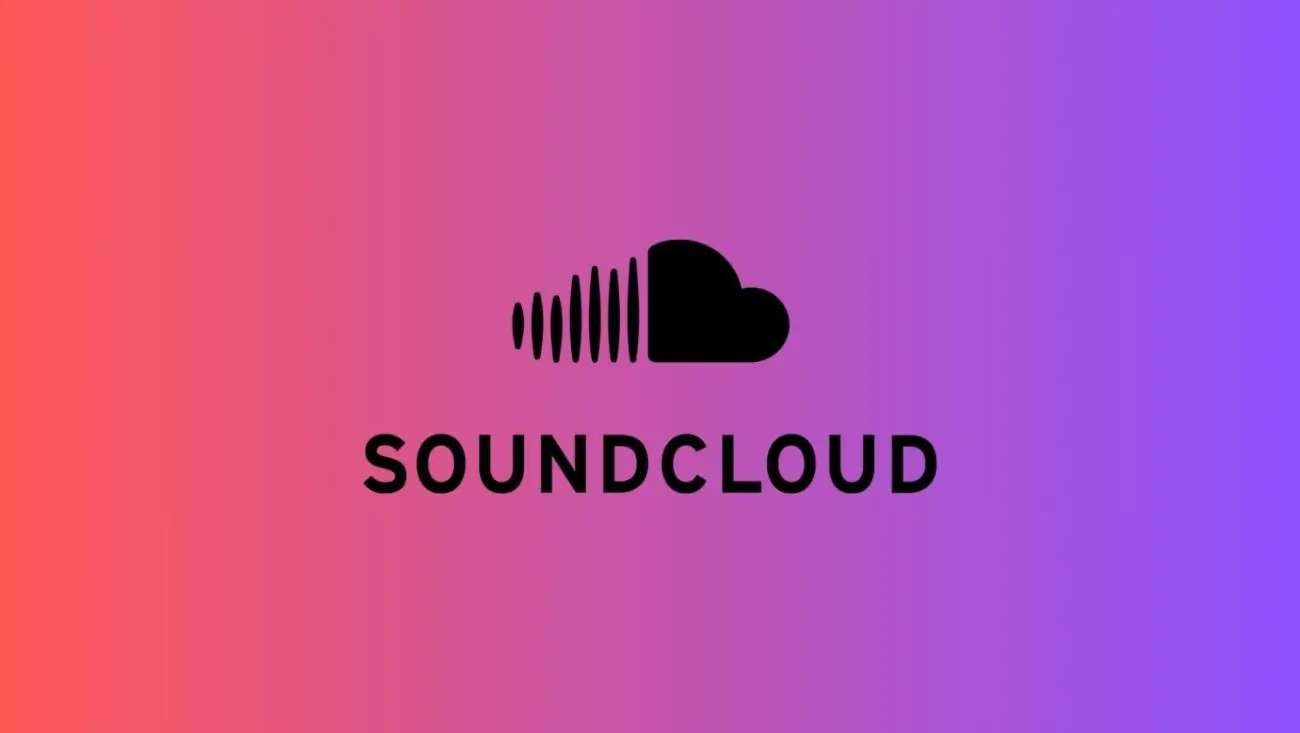SAN FRANCISCO, CA – The recent update to SoundCloud’s AI policy regarding the use of user-uploaded content for training artificial intelligence models has ignited a significant debate within the music technology landscape. Artists and creators voiced strong objections after interpreting the platform’s revised terms of service as granting SoundCloud extensive permission to utilize their music to train AI systems, potentially without direct consent or clear compensation models. This situation highlights the complex intersection of AI development, intellectual property rights, and platform responsibilities.
The core of the controversy surrounding the SoundCloud AI policy stemmed from language in the updated terms that artists feared would allow their original works to become fodder for AI music generation tools. In an industry already grappling with AI’s disruptive potential, this perceived overreach by a major artist-centric platform like SoundCloud was met with immediate and widespread criticism. The backlash underscores the urgent need for clear ethical guidelines and transparent practices as AI tools become more integrated into creative workflows. This issue resonates with broader concerns about AI ethics, such as the challenges in preventing AI chatbots like Grok from spreading misinformation.
In response to the growing unrest, SoundCloud CEO Eliah Seton released a statement to address the concerns. Seton stated, “Our vision for AI is that it should support artists, not replace them,” and acknowledged that the initial communication around the SoundCloud AI policy had caused “confusion.” He further affirmed SoundCloud’s commitment to “protecting the rights of creators” and ensuring they have control over their work. This public clarification was seen as a necessary step to rebuild trust with the platform’s user base. The push for transparency in AI is a growing trend, with major players like OpenAI now committing to publishing AI safety test results.
SoundCloud’s Policy “Fix”: Key Technical and Legal Aspects
Following the CEO’s statement, SoundCloud moved to “fix” or “clarify” its AI policy. The revised approach emphasizes that the platform will not use creators’ music to train AI models without their explicit permission. Key technical and policy adjustments implied or stated include:
- Explicit Consent Mechanisms: Rather than relying on broad ToS clauses, SoundCloud will likely need to implement clear opt-in or opt-out mechanisms for artists regarding AI training.
- Development of Artist Controls: SoundCloud has indicated it is working on tools to provide creators with more granular control over how their content interacts with AI technologies on the platform.
- Focus on Supportive AI Tools: The company aims to frame its AI initiatives as beneficial to artists, potentially offering AI-powered tools for music creation, production, or discovery, rather than tools that generate music to compete with them.
This incident involving the SoundCloud AI policy serves as a critical case study for technology platforms navigating the integration of AI. It highlights the importance of proactive communication, clear articulation of data usage policies, and genuine engagement with user communities, especially when dealing with creative content and intellectual property. The legal frameworks surrounding AI and copyright are still evolving, making platform policies particularly significant. This situation mirrors other tech controversies where user data is a central concern, like the debate around AI and image rights for celebrities like Billie Eilish.
The long-term impact of this SoundCloud AI policy clarification will depend on the specific implementation of the promised artist controls and the platform’s ongoing commitment to transparency. The swift and unified response from the artist community demonstrates their collective power in shaping platform policies in the age of AI. For developers and platforms, this underscores the necessity of building AI ethically and in partnership with creators. As AI continues to advance, such as AI models that can predict cancer prognosis, the ethical guardrails become increasingly important.







